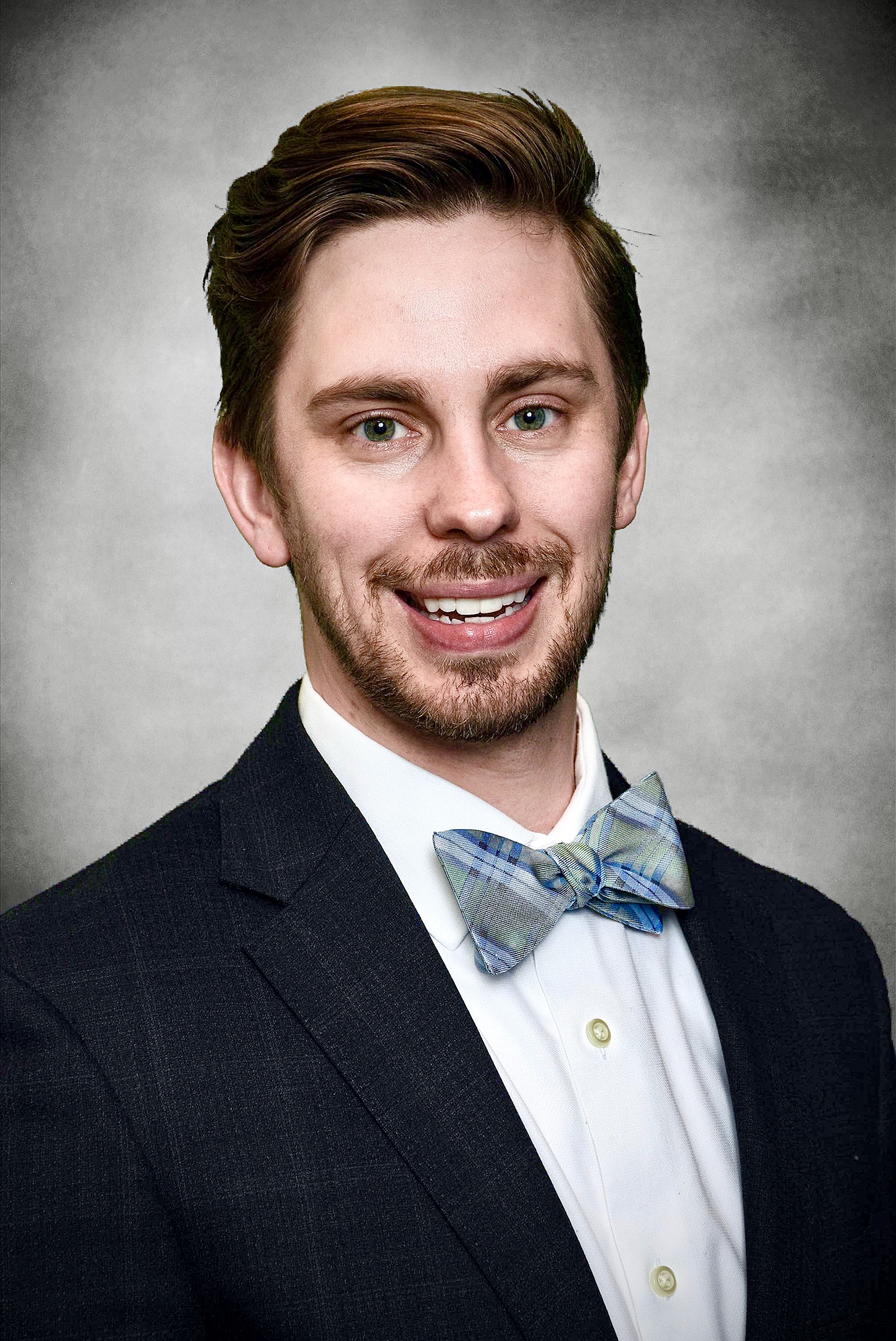Medical Student Leads Development of Innovative New Workshop Series for First-years
A medical student will take dozens of tests before graduation and will be presented thousands of questions. As that student advances, those questions will become more complex.
Marshall Herbst, who is student chair of the UK College of Medicine’s curriculum committee, and Brian Higgins, PhD, assistant professor of microbiology, immunology, and molecular genetics, have collaborated to aid first-year medical students as they develop their test-taking skills. Higgins and Herbst observed that student struggles on board-like, single-best-answer multiple-choice questions were not always due to a lack of knowledge on the concept being assessed, but rather, sometimes students chose the wrong answer because they had yet to develop higher-level test-taking strategies.
They wondered, “What if students were not only taught the material for exams, but also how to approach the questions themselves?” So, Herbst designed and developed a hybrid model workshop series for first-year students. The goal: help students learn the skills of board-exam style test taking in a holistic, blended learning environment.
“Our goal was to figure out a way to help students ease that transition more effectively but also have higher degree of self-efficacy when it comes to these exams,” Herbst said. “Sadly, some students start to derive their worth from test percentages. What we wanted to do was provide a skills-oriented holistic teaching modality to help students find a sense of growth.”
Herbst knows firsthand the importance of sharpening learning techniques; he dramatically improved his own scores from USMLE Step 1 to Step 2 when he started using the study methods he now outlines in his workshops.
To construct the curriculum for the workshop series, Herbst collaborated with Dr. Higgins and other faculty across the College of Medicine. Though Dr. Higgins has taught Herbst in various classes, they connected through their roles on the curriculum committee, where they evaluate student feedback and course metrics as a part of the college’s quality assurance process.
Herbst created this workshop series as a fourth-year medical education elective, drafting a syllabus in February and sending it for approval. After months of design and development, the workshops became available in the fall as a four-session in-person series blended with flipped classroom online content delivery.
It already has piqued student interest. Of the approximately 200 students in the Class of 2025, more than half signed up for the first workshop held Oct. 19.
During the first workshop, students learned how test writers craft questions and were challenged to come up with their own, exploring the notion that students who understand the material should be able to write high-quality questions about it. The course was available in-person and through Zoom, allowing students from regional campuses to attend.
“Marshall took these ideas and ran with it and designed this amazing opportunity for the students,” Dr. Higgins said. “As a faculty mentor I couldn’t be more proud. He did an amazing job with this.”
Herbst is no stranger to curriculum and instructional design. Before coming to UK to attend medical school, he was the head social sciences teacher at the Montessori High School of Kentucky. He holds a master’s degree in curriculum and instruction from the University of Kentucky, and after leaving teaching to pursue medicine, he worked professionally as an instructional designer within UK’s Teaching, Learning, and Academic Innovation Group.
Medical school is challenging, and the stakes for learning are high. Through these workshops, Herbst wants to help students improve their scores and reduce test anxiety by showing them that exams aren’t end points; they’re checkpoints to fully mastering the content, and learning is a process, not a product.
